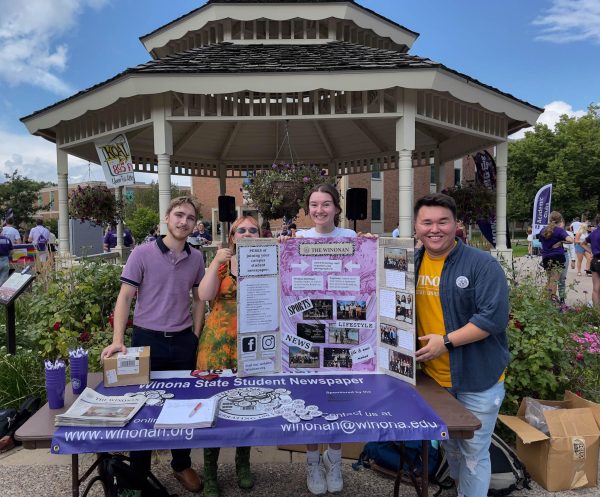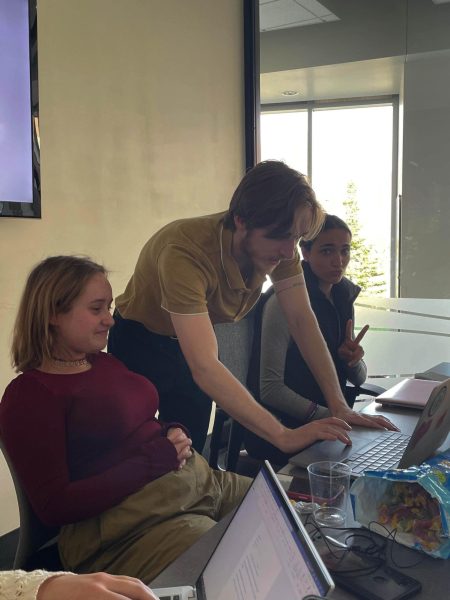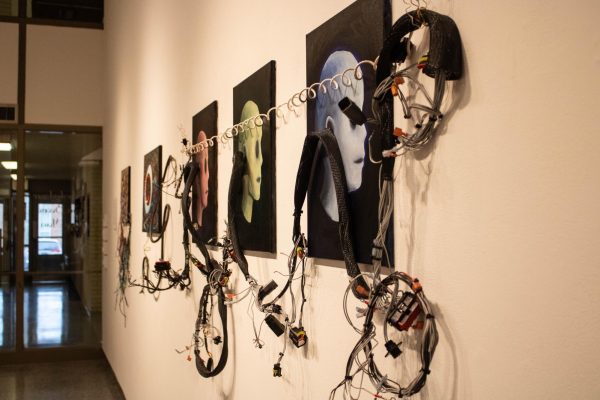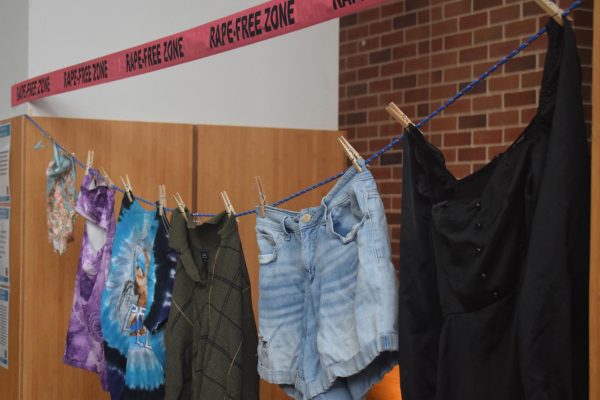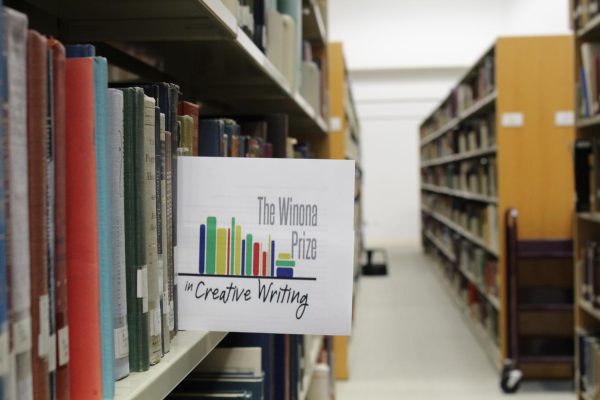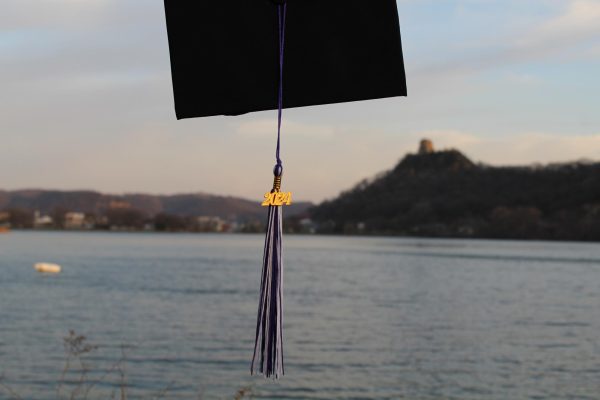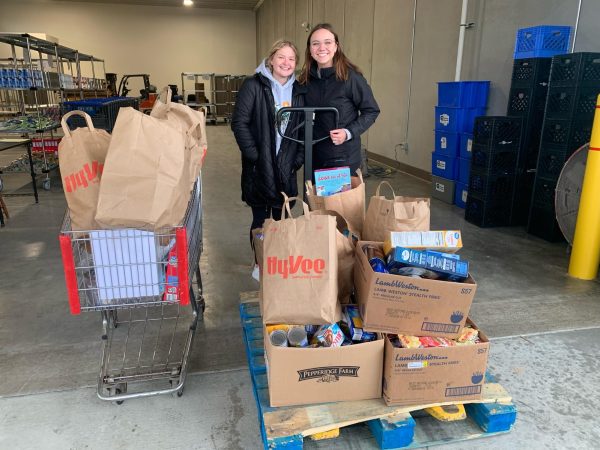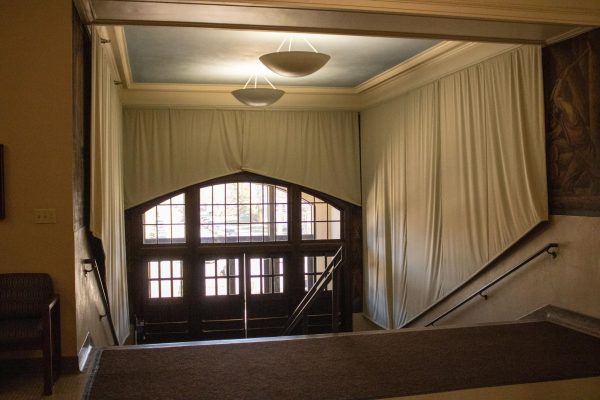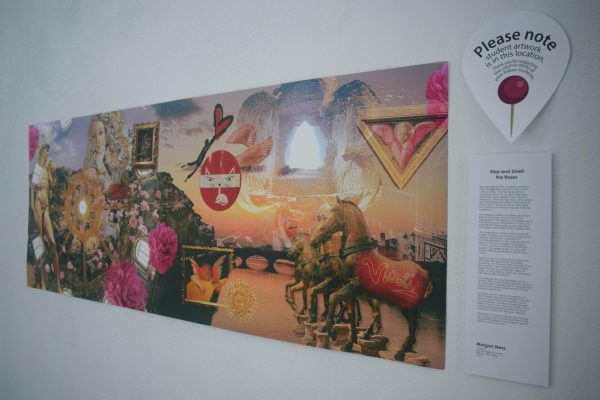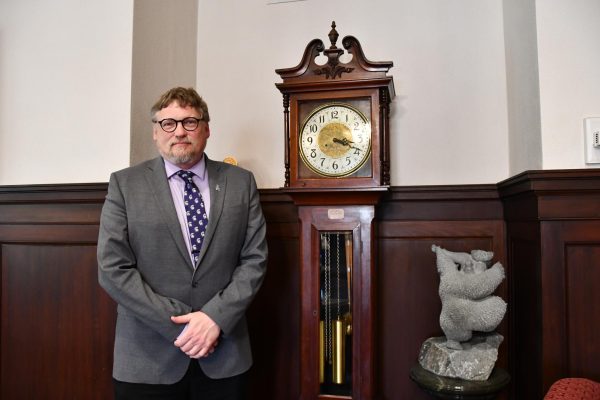Winona State welcomes new professors

September 16, 2020
Winona State University welcomed new professors this semester amid the uncertainty and changes this year brings. Michael Klein from the department of criminal justice, Adam Beardsley from the physics department, and Kay Hannahan from the mass communications department are adjusting to Winona State University and teaching online.
Klein teaches criminal justice classes at Winona State while also doing research in corrections and juvenile justice. Before Klein was a professor, he was a correctional officer at a maximum-security prison, worked with juveniles in the criminal justice system and worked in social services.
Prior to teaching at Winona State, Klein taught at the University of Idaho, Texas Agricultural and Mechanical College (A&M), and the University of Lynchburg in Virginia.
Klein started the year with two in-person and two online classes. Now, all of his classes are online.
“It did not require too much of a shift, I kind of wrote the syllabus and built it with the idea that this could happen, so it’s not really been too difficult, and that was mainly just because I preplanned for it,” Klein said. “I’m lucky I don’t have to teach labs or anything like that.”
Klein said the most difficult thing is trying to really connect with the students without being able to see them because they are wearing a mask or are online.
“I think it’s going okay because it’s something that we all have to deal with and I think the students realize it and the professors realize it, so I think everybody’s just really trying to do the best they can,” Klein said.
Klein said it is a trying time right now for professors and a stressful time for students, but he is prepared to help students succeed and to keep a positive attitude.
Klein was drawn back to the Midwest because he is originally from Indiana.
“Midwest is kind of our home area. My wife and I, we really wanted to get back to the Midwest and I really wanted to teach at a regional university because that’s where I’m from, myself,” Klein said. “I’m a product of state universities, so I just really wanted to get back and give back to the same type of system that I came up through.”
Klein said he likes the smaller class sizes Winona State offers and the potential to really get to know students and work with them on an individual basis in the future.
Aside from the campus and his classes, Klein shared his favorite part about Winona and the community.
“Of course, the bluffs and the river are pretty amazing,” Klein said. “The local scenery is really kind of a nice surprise from what I was expecting because I didn’t get to come up here for my interview or anything.”
Adam Beardsley is a physics professor at Winona State but also does research in low frequency radio astronomy.
“My science interests are in probing the universe during the cosmic epoch when stars and galaxies were forming, and lately I’ve been working on fast imaging algorithms to explore transient events,” Beardsley said. “I also prioritize making science accessible, and I work on a project to bring the experience of building radio telescopes to students and hobbyists.”
Before teaching at Winona State, Beardsley was a teaching assistant at the University of Washington, where he earned his PhD. Beardsley was also then an adjunct faculty member at Seattle Pacific University, and mentored students as a postdoctoral researcher at Arizona State University.
Starting a new job during a pandemic has proved some difficulties for most professors, including Beardsley.
“It’s been tough not being able to just poke my head down the hall and see who’s around, but my department has been great about making sure I have what I need and that my questions get answered,” Beardsley said.
Beardsley is teaching a few labs this semester that started in person but had to be put online due to the 14-day campus quarantine.
“I’ve had to be creative to come up with ways that allow students to explore and investigate an experiment, even if they can’t have the same hands-on experience,” Beardsley said.
Kay Hannahan is a professor in the mass communication department and has creative research deeply rooted in her experience as a Peace Corps volunteer in Bulgaria, where she says she first fell in love with the camera as a tool for exploring themes of place, culture, political histories and everyday life.
“I approach media-making with a creative inquisitiveness that combines research, interviews, observation, field recordings and cinematic imagery to push audiences to engage with global issues from a multisensory understanding of experience,” Hannahan said.
Hannahan teaches online at both Winona State and Metro State University in Saint Paul, Minnesota.
“Starting a job during a pandemic is not ideal, but like everything these days, you just have to do your best and keep going,” Hannahan said. “I thought that teaching production classes over Zoom would be challenging because of the collaborative nature of media making, but I have been surprised by how receptive and innovative my students are and I am eager to see what they will make this semester.”
While teaching online has been tough, Hannahan said the students make it worth it.
“They are the best thing about teaching,” Hannahan said.
Aside from teaching, Hannahan is also working on editing two films she shot and directed.
“The first is a short documentary exploring Viktor Orban’s media takeover in Hungary, 30 years after the fall of communism,” Hannahan said. “The second film I am editing is a portrait of a Muslim village in the Rhodope mountains of Bulgaria structured around the daily calls to prayer.”
Hannahan says she keeps busy between teaching Winona State and Metro State students and editing her films all from Minneapolis where she works remotely.
Teaching during a pandemic is a whole new world for many professors, and these professors have taken on the challenge of a new school and a new way of learning all in one year.
“I think more than anything it’s just a rough time for everybody,” Klein said. “But it all will be okay.”



























































